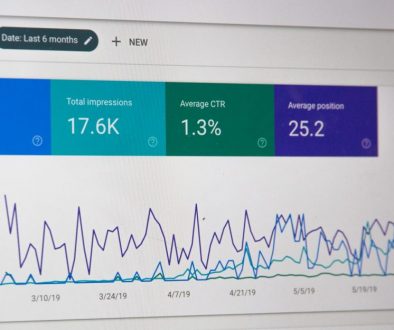There is a big gap: C-suite executives are disconnected from technology advancements
The first time I felt the gap was during my PhD years when one of my close friends was looking for a job. He is a smart guy with great talent and a PhD in computational physics from a top university, UBC. He connected with many great companies whom really needed his expertise and had 5 successful interviews with each of them. However, they never hired him, as they thought he did not have enough job experience! They preferred to hire a candidate with a BSc with a couple of years of work experience than a recently graduated PhD. He started a tech company instead and after a year and half, had a successful exit.
There is a massive disconnect between leadership teams of companies who mostly come from non-technical backgrounds and the technical world, let alone academia. The gap is quite dangerous for the existence of these companies. We live in an era where technology plays a crucial role in companies’ success or ultimate failure. The leaders of a company need to have accurate understandings of the transition of the technologies used in their sectors and other sectors. They need to understand how they can benefit from the new technologies available and how they should plan for the future of their business, given that what used to be science fiction would be a reality soon.
In this post, the emphasis is on artificial intelligence (AI), machine learning, and data science and their potential contribution to a company’s success or failure. Until now the main beneficiary of AI has been the technology sector. However, more non-tech companies in a broad range of industries are starting to worry that AI could scorch or even incinerate them. In 2017, firms worldwide spent around $21.8 billion on mergers and acquisitions related to AI. Around 85% of companies think AI will offer a competitive advantage, but only 5% are “extensively” employing it today. This provides plenty of opportunities for the first-movers and substantial threat to others. McKinsey predicts that digital innovations including AI will provide an estimated economic impact of about $370 billion per year worldwide in 2025, so how would you benefit from this exponential opportunity?
Based on my personal experience, most business leaders have limited knowledge about the potential of AI for their business. Worse, their companies do not have experts who can provide consultation. Even the companies who have teams of data scientists and/or machine learning scientists cannot benefit from the knowledge of their team as the two sides live in very different worlds. Technical teams are mostly concerned about the details of projects and do not focus enough on the main concerns of the business team and the OKRs.
Now what can you do to make AI work for your business? McKinsey has a good report on this. I definitely suggest reading it. Here are some of my additional recommendations:
- Get an AI Advisor: Having advisors who are experts in a given field is a great way of making the right decisions. It is a common practice for startups to have advisors as they don’t have the resources to hire enough senior talent, but I believe it is a fantastic way for any company to stay competitive and informed about the new opportunities. There are many advisors who have strong technical backgrounds, but as a result of their business experience have learned the language of business teams. They can communicate effectively with the C-level team and even play the role of a bridge between the technical teams and the business teams.
- Attend/Organize Conferences/Meetups: No matter how experienced you are at your business, everyone can learn and it is really easy to learn new stuff in a more technical conference. Conferences gather a wide range of expertise with different ongoing projects. The speakers spend hours preparing for talks and the topics of these talks can give you a good sense of the technology trends in your industry and the other sectors. Meetups gather a more diverse set of attendees with different goals for attending the events. In addition to the usual networking opportunities and getting your brand out there, more technical meetups attract “nerdier” attendees, resulting in interesting conversations.
- Find an Expert Partner: You do not need to do it on your own. With so much interest in AI, it can still be really hard to attract good talent in that domain. As the demand for more hands-on consulting projects is increasing, more consulting firms are being born, which are focused on developing customized AI solutions. Think of them as an advisor that helps you to build the solutions in contrast to what McKinsey says. As not every company needs an IT department, not every company needs a team of AI/machine learning scientists.
Whatever you do, don’t sit still and start your AI transformation today.



